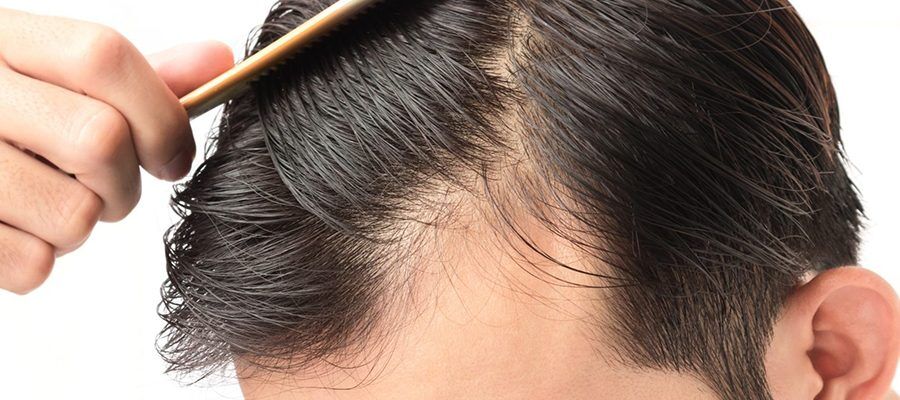
The first question you might want to ask is: what does it mean if your hair is thinning? Hair is a complex process that cyclically grows before resting and falling out. Each thread is at different stages of this cycle. However, there are a number of things you can do to increase your chances of having healthy hair. Here are some ways to combat thinning hair.
First, you should consult a dermatologist. Many people lose their hair from time to time. If you notice that your hair falls out frequently, there are a few things you should do to prevent it. Changing your hairstyle can be a great way to solve this problem. Changing your hairstyle can also give your hair time to recover. Dr. Burg and other trichologists can help. Here are some tips to make your hair smoother:
Excessive shedding is different from hair loss. Approximately 80-90% of your hair grows and only 10% rests. These resting hairs fall out every two to three months and new ones grow back. According to Jeffrey Hurley, MD, a dermatologist at Chester County Hospital, you can expect to lose 150-200 hairs a day. However, if you notice that your hair is falling out easily, you should see a dermatologist to rule out other causes and start using a natural remedy gentlex.
Dietary changes can promote hair growth. You should take a multivitamin with biotin or another type of B vitamin. The omega-3 fatty acids in your food can help promote hair health. Also, eat more spinach and green leafy vegetables as they are high in iron which is good for hair growth. And try to eat plenty of oily fish, nuts, seeds and vegetables.

Some women notice additional shedding after giving birth. Hair loss in these women may be due to hormonal changes in the body. Menopause is one example. Hormonal changes can lead to thinning and brittle hair. Another reason for thinning hair is an illness, such as a serious car accident or surgery. When this happens, the body can lose up to 75 percent of its hair. The good news is that the hair will grow back.
A fungal infection on the scalp can also cause hair loss. Alopecia areata causes the immune system to mistakenly think the skin is foreign. Antibodies are produced against hair follicles, causing them to stop producing hair. When this happens, the hair loss will be sudden and may appear as patches or bald patches. The affected areas will look red, scaly and itchy. Some sores may also develop on the scalp. Children with this infection may also have low-grade fever and swollen lymph nodes in the back of the neck.
Hormonal changes associated with pregnancy can affect your hair. Your hair will retain much of the pregnancy glow, so postpartum hair loss can be an unpleasant experience. This is due to a process known as telogen effluvium. As a result, hair loss is significant and seems unimaginable. You can see a doctor if your hair is falling out.